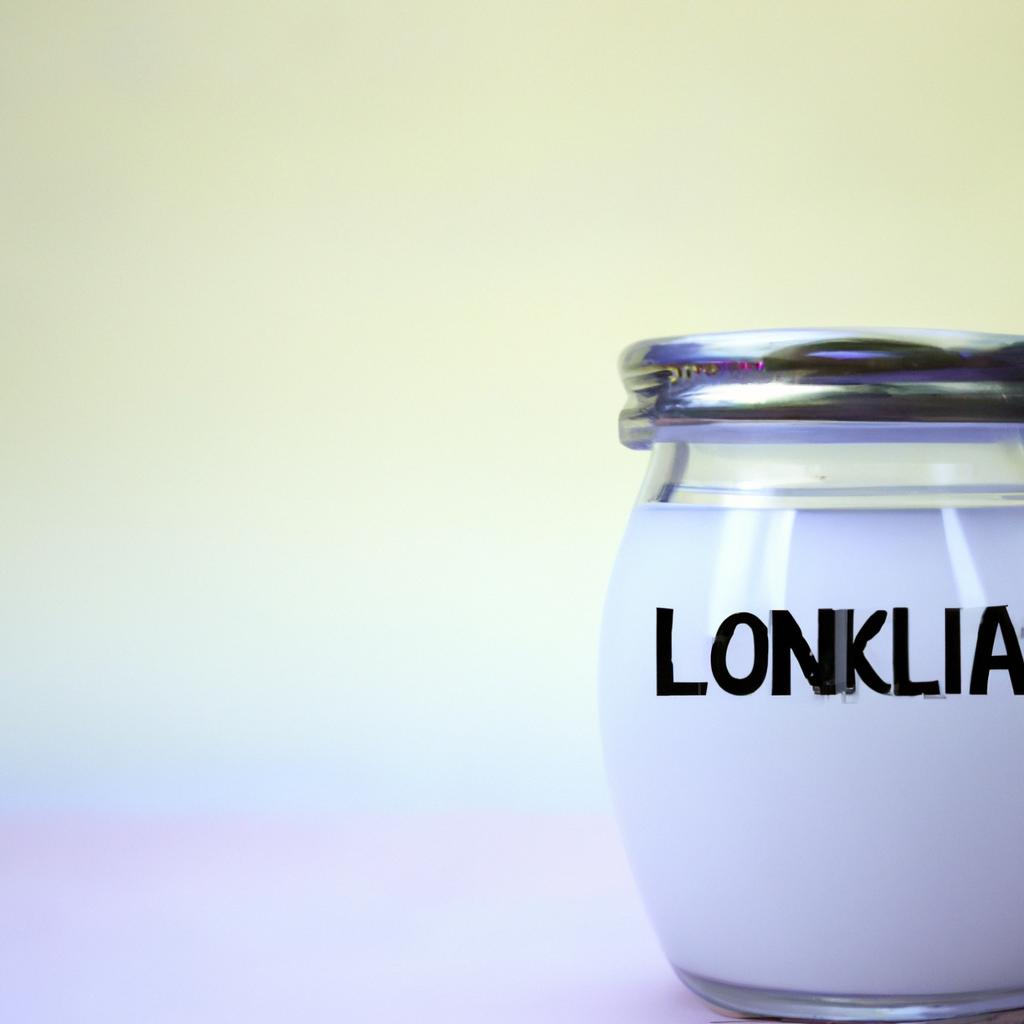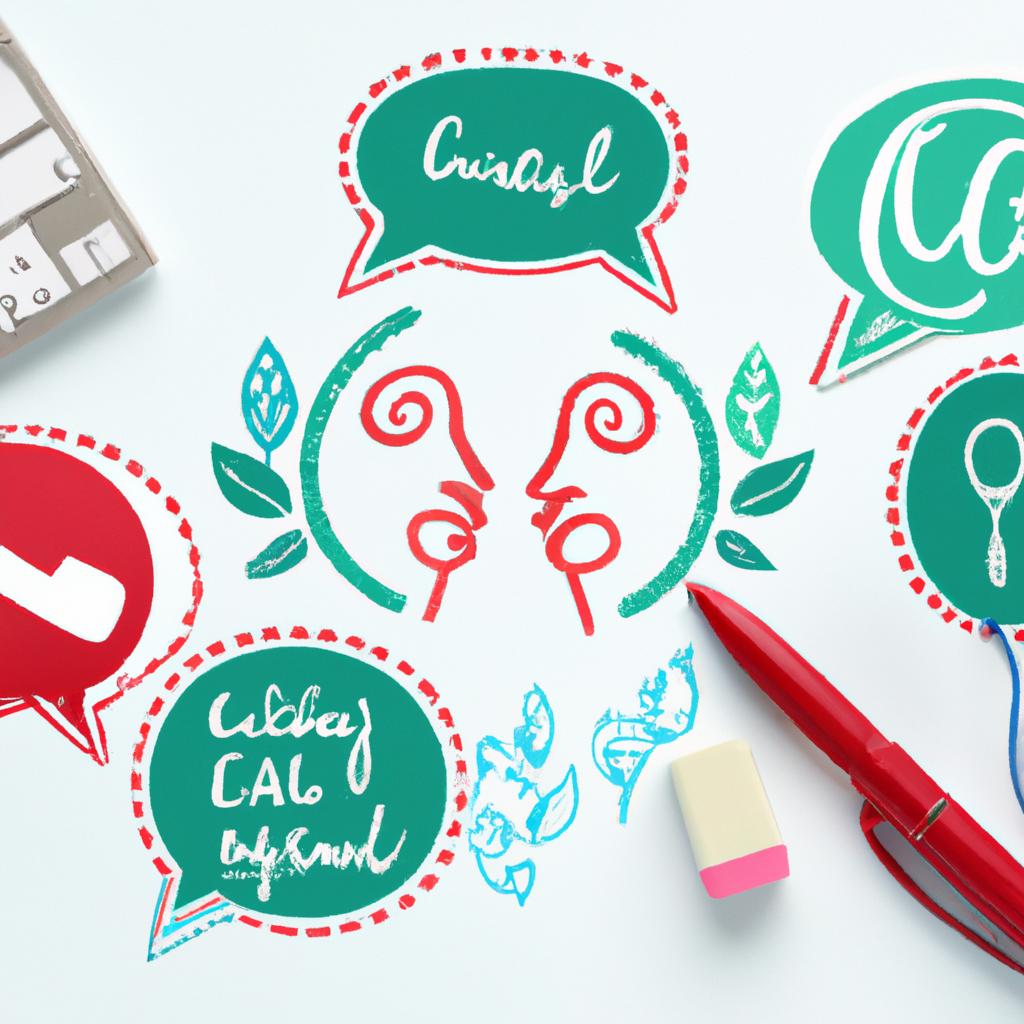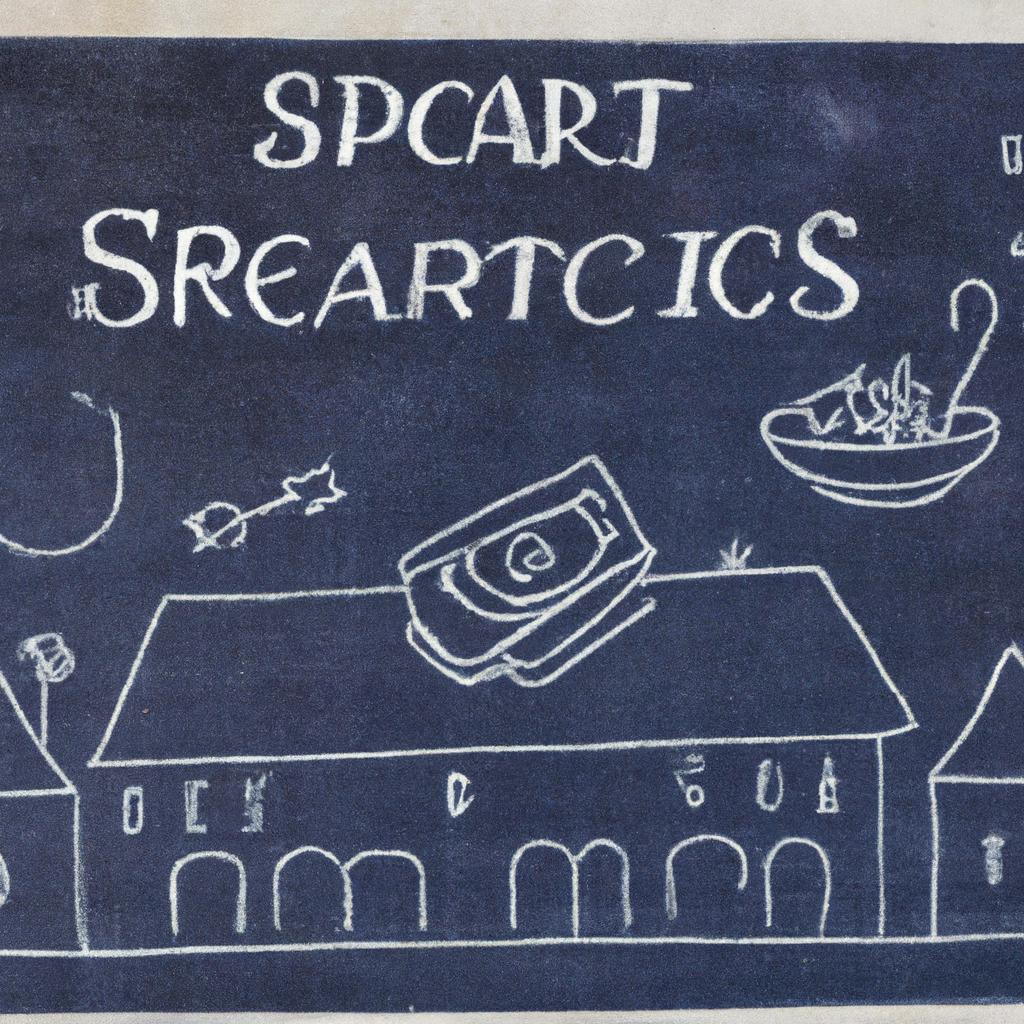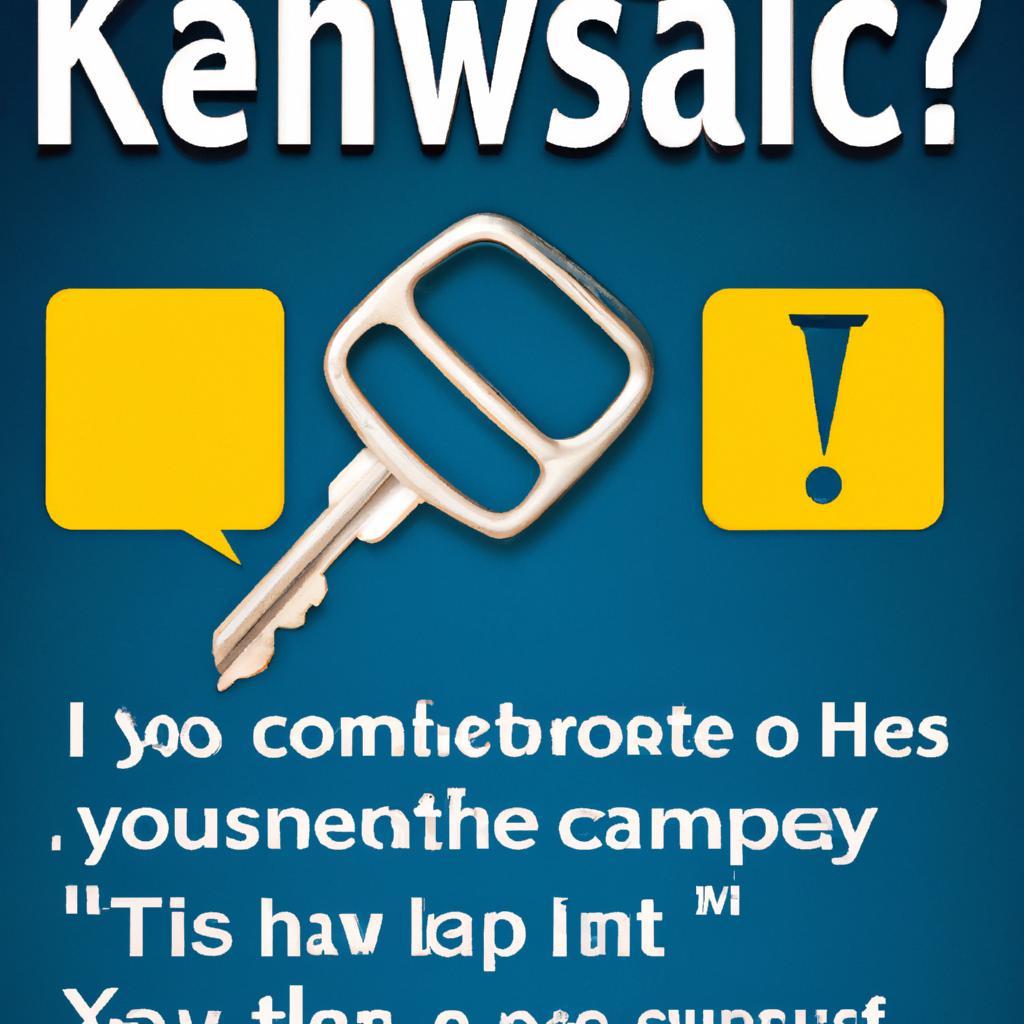Essential Local Phrases: Your Key to Confident Communication and Smart Shopping
When you find yourself exploring a vibrant new city or wandering through the charming streets of a quaint town, the thrill of discovery often goes hand in hand with the challenge of communication. Whether you’re haggling for a handcrafted souvenir at a bustling market or trying to order a flavorful dish at a hidden gem of a restaurant, being able to express yourself confidently can transform your experience from daunting to delightful. In a world where cultural nuances shape conversations, a few carefully chosen local phrases can unlock doors to richer interactions and smarter shopping. Join us as we delve into essential expressions that will not only enhance your confidence but also deepen your understanding of the places you visit, allowing you to connect with locals in a meaningful way. Get ready to embrace the art of communication as we equip you with the tools to navigate new environments with ease and enjoy every moment to its fullest!

Unlocking the Power of Local Language for Everyday Conversations
Mastering local phrases can be your secret weapon in navigating daily interactions and shopping experiences. When you can effortlessly compliment a vendor on their goods or inquire about a product’s origin in the local tongue, you cultivate connection and respect. Here are a few essential phrases that can transform your conversations:
- How much is this? — A direct approach that shows your interest in making a purchase.
- Can you recommend something? — Inviting locals to share their favorites often leads to delightful discoveries.
- Where can I find…? — A practical way to get directions or understand the local offerings.
- Thank you! — Always a good idea to express gratitude, fostering goodwill in any situation.
To maximize your shopping expeditions, consider incorporating these phrases into your vocabulary. Keeping a small cheat sheet can help you feel more prepared and confident when speaking with locals. Below is a simple table summarizing key phrases and their uses for quick reference:
| Phrase | Use Case |
|---|---|
| Excuse me | To get someone’s attention politely. |
| I’m just browsing | To communicate your shopping intentions without pressure. |
| Can I try this on? | Essential for clothing shops when testing fit. |
| Do you accept cards? | Important for confirming payment methods. |

Mastering Regional Dialects: Tips for Seamless Interactions
Understanding regional dialects enhances your ability to connect with locals, making your experiences richer and more immersive. One effective way to begin mastering these nuances is to familiarize yourself with **essential local phrases**. These phrases often reveal cultural insights and can be the difference between a simple interaction and a memorable exchange. For instance, in many regions, the way people greet each other may vary widely. Here are some common expressions to consider:
- “What’s the craic?” – Used in Ireland to ask about what’s happening.
- “Y’all” – A friendly Southern greeting in the United States.
- “Cheers” – A versatile term in the UK for thanks or goodbye.
- “How’s it going?” – A casual conversation starter in various English-speaking areas.
Additionally, engaging with local vendors and shops can be more enjoyable when you utilize the dialect specific to the area. Consider creating a small cheat sheet or flashcards with phrases that may come in handy while shopping. Understanding the local lingo not only helps in making purchases but can also lead to potential discounts or insider tips from the sellers. Here’s a brief comparison of phrases that can enhance your shopping experience:
| Region | Shopping Phrase | Meaning |
|---|---|---|
| UK | “How much is this?” | Requesting the price of an item. |
| Australia | “What’s the damage?” | Asking for the total cost. |
| Canada | “Can I get a deal?” | Inquiring about discounts. |

Savvy Shopping Secrets: Navigating Local Markets with Ease
When you step into a local market, the vibrant surroundings may feel overwhelming, but with a handful of essential phrases up your sleeve, you can transform your experience into a delightful adventure. Knowing how to greet vendors, ask about prices, or express appreciation can significantly enhance your interactions. Here are some critical phrases to keep in mind:
- Hello – A warm greeting sets the tone.
- How much is this? – Perfect for inquiring about products.
- Can you give me a discount? – A bold way to negotiate.
- Thank you! – Always appreciated, no matter where you are.
- I’ll take it! – Signal your purchase with confidence.
Using these phrases with a friendly smile not only builds rapport but also demonstrates respect for the local culture. You might also want to familiarize yourself with common items you’ll encounter in a market setting. Below is a simple table showcasing typical local goods alongside their useful terms:
| Item | Local Term |
|---|---|
| Fruits | Frutas |
| Vegetables | Verduras |
| Spices | Especias |
| Handicrafts | Artesanías |
| Textiles | Telar |
Armed with these essential phrases and insights about local products, you’ll navigate bustling markets with **confidence** and **ease**. The right words can pave the way for memorable connections and vibrant exchanges with local sellers, enriching your shopping experience and leaving you with stories to tell.
Concluding Remarks
In the vibrant tapestry of local cultures, language serves as both a bridge and a key. By embracing essential local phrases, you not only enhance your communication skills but also enrich your shopping experiences. Remember, each word you master opens doors to deeper connections and greater understanding. As you venture into new markets or neighborhoods, let these phrases guide you, transforming transactions into conversations and making unfamiliar places feel like home. So, equip yourself with these linguistic tools and step into your next adventure with confidence, curiosity, and a sprinkle of local flair. After all, the right words can turn a simple shopping trip into an unforgettable journey of discovery. Happy travels and happy shopping!
